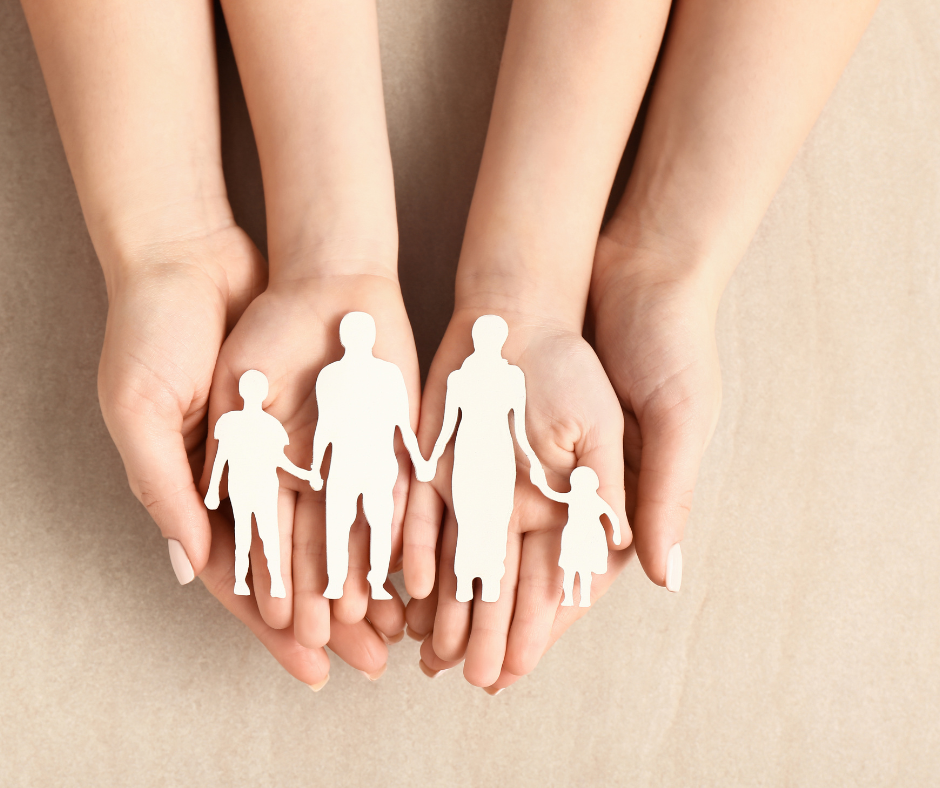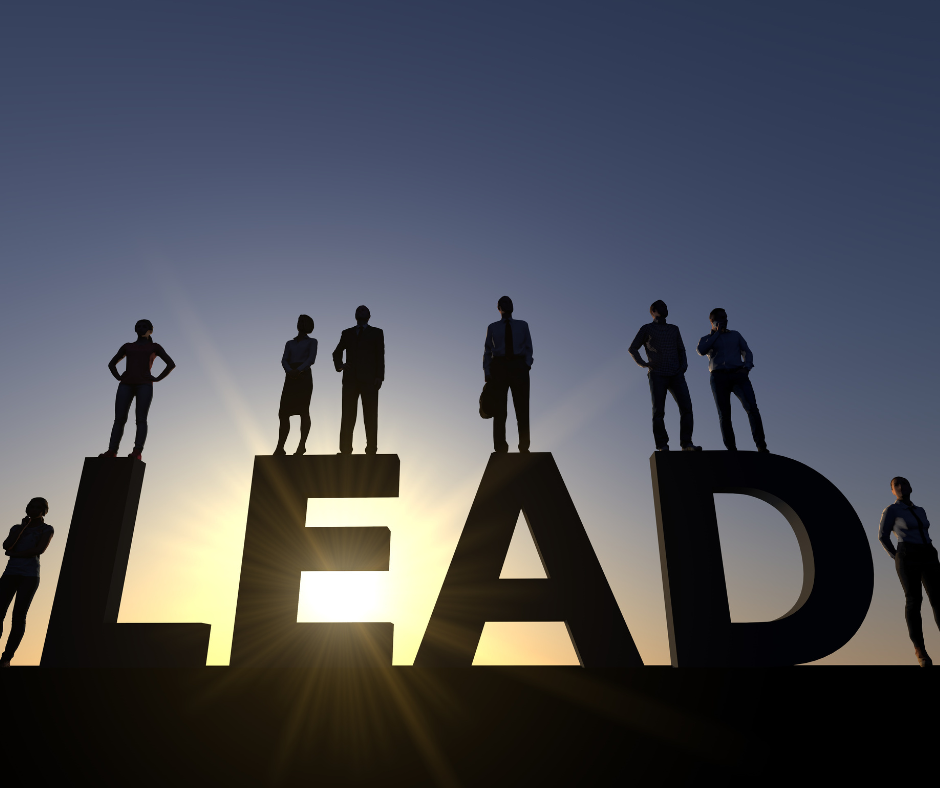The Path to Parenthood Is Changing – But At What Cost?
In a world that celebrates scientific advancement and the limitless potential of medical innovation, surrogacy and adoption have emerged as profound pathways to parenthood. For millions of couples, individuals, and families, these alternatives provide hope where biology has failed. But behind the smiles of newborns and the success stories of newly-formed families lies a complex web of legal battles, ethical dilemmas, emotional struggles, and unregulated markets. These are not just abstract concerns—they demand our urgent attention, decisive actions, and global conversations.
Legal Loopholes and Inconsistencies: A Global Crisis
Surrogacy and adoption laws vary wildly across countries and even within jurisdictions. This inconsistency creates legal grey zones, often leaving the most vulnerable—children—without clear protection.
-
In some countries, commercial surrogacy is banned, while others treat it as a booming industry, often at the expense of women from economically weaker sections.
-
Adoptive parents may face bureaucratic mazes and years-long delays, while adopted children may struggle with legal identity, inheritance rights, and even deportation in international cases.
-
The rise of cross-border surrogacy brings up issues of citizenship, parental rights, and human trafficking concerns.
How many more children must fall through the cracks before global policies evolve?
How many more women will be treated as reproductive commodities in the name of family building?
The Ethics of Life, Dignity, and Ownership
Surrogacy is not just a medical agreement; it is a deeply human contract.
The ethical concerns are as real as they are heartbreaking:
-
Is it ethical to pay a woman to carry a child if she’s in financial distress?
-
Do surrogates truly have autonomy, or is it coerced consent masked by desperation?
-
Should a child be born out of a contract, with their identity predetermined by legal documents?
Adoption too comes with its ethical burden:
-
Are children being matched with families for their well-being—or for convenience, profit, or international prestige?
-
Is cultural erasure a risk in international adoptions?
-
Do biological parents fully understand the implications of giving up their child—or are they pressured by poverty, social stigma, or misinformation?
If we remain silent, we become complicit in these ethical violations.
The Invisible Cost: Emotional and Psychological Realities
Surrogates, adoptive parents, biological parents, and the children themselves—each face lifelong emotional complexities:
-
Surrogates may form deep emotional bonds with the unborn child.
-
Adopted children may grapple with identity confusion, abandonment trauma, and belonging challenges.
-
Parents may face societal judgment, legal battles, or unexpected emotional distances with their children.
How do we measure the cost of a broken identity?
How do we support the emotional aftermath once the legal paperwork is done?
Why This Must Matter to You — Now
This isn’t just a debate for policymakers or legal scholars. It affects your society, your future, your ethics.
If we don’t take a stand:
-
We risk creating a marketplace of motherhood, where children become transactions and wombs become tools.
-
We risk deepening global inequalities, where the rich can buy parenthood while the poor rent their bodies or lose their children.
-
We risk the moral erosion of humanity, where convenience overtakes compassion, and law replaces love.
What You Can Do Right Now
1. Educate Yourself and Others
Read deeply. Speak loudly. Question unregulated agencies. Follow the stories of real people—not just the happy headlines.
2. Support Ethical Frameworks
Advocate for laws that protect surrogates and children alike. Push for transparency in adoption procedures. Demand ethical oversight.
3. Elevate the Human Voice
Listen to surrogates. Talk to adoptive families. Amplify the voices of adoptees. This is not about process—it’s about people.
4. Take Action Now
Speak to your lawmakers. Support human rights groups. Volunteer at ethical adoption agencies. Sponsor mental health care for adoptive families.
Final Call: A Choice Between Humanity and Hypocrisy
As medical science races ahead, it is our morality, compassion, and collective consciousness that must catch up. Surrogacy and adoption are not inherently wrong. They are powerful acts of love and resilience. But when left unregulated, unexamined, and unbalanced—they become fertile ground for abuse, trauma, and injustice.
This is your call to think. Your call to care. Your call to act.
Will you be a silent bystander—or a voice for the voiceless?






